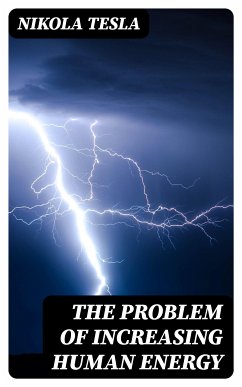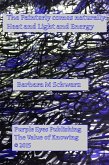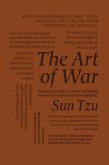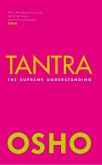Nikola Tesla's 'The Problem of Increasing Human Energy' is a groundbreaking work that addresses the pressing issue of maximizing human potential through the utilization of new energy sources. Known for his innovative ideas and scientific contributions, Tesla presents a visionary outlook on the future of energy and its implications on society. The book is written in a clear and concise style, making complex scientific concepts accessible to the general reader. Set against the backdrop of the industrial revolution, Tesla's work challenges the status quo and pushes the boundaries of conventional thinking. His literary style is marked by a blend of technical expertise and philosophical insights, offering a compelling argument for the importance of sustainable energy sources and their impact on human progress. Through thought-provoking discussions and practical solutions, Tesla inspires readers to consider the possibilities of a more efficient and sustainable world. As a renowned inventor and futurist, Tesla's expertise and vision shine through in 'The Problem of Increasing Human Energy,' making it a must-read for anyone interested in the intersection of science, technology, and society.
Dieser Download kann aus rechtlichen Gründen nur mit Rechnungsadresse in A, B, BG, CY, CZ, D, DK, EW, FIN, F, GR, H, IRL, I, LT, L, LR, M, NL, PL, P, R, S, SLO, SK ausgeliefert werden.









